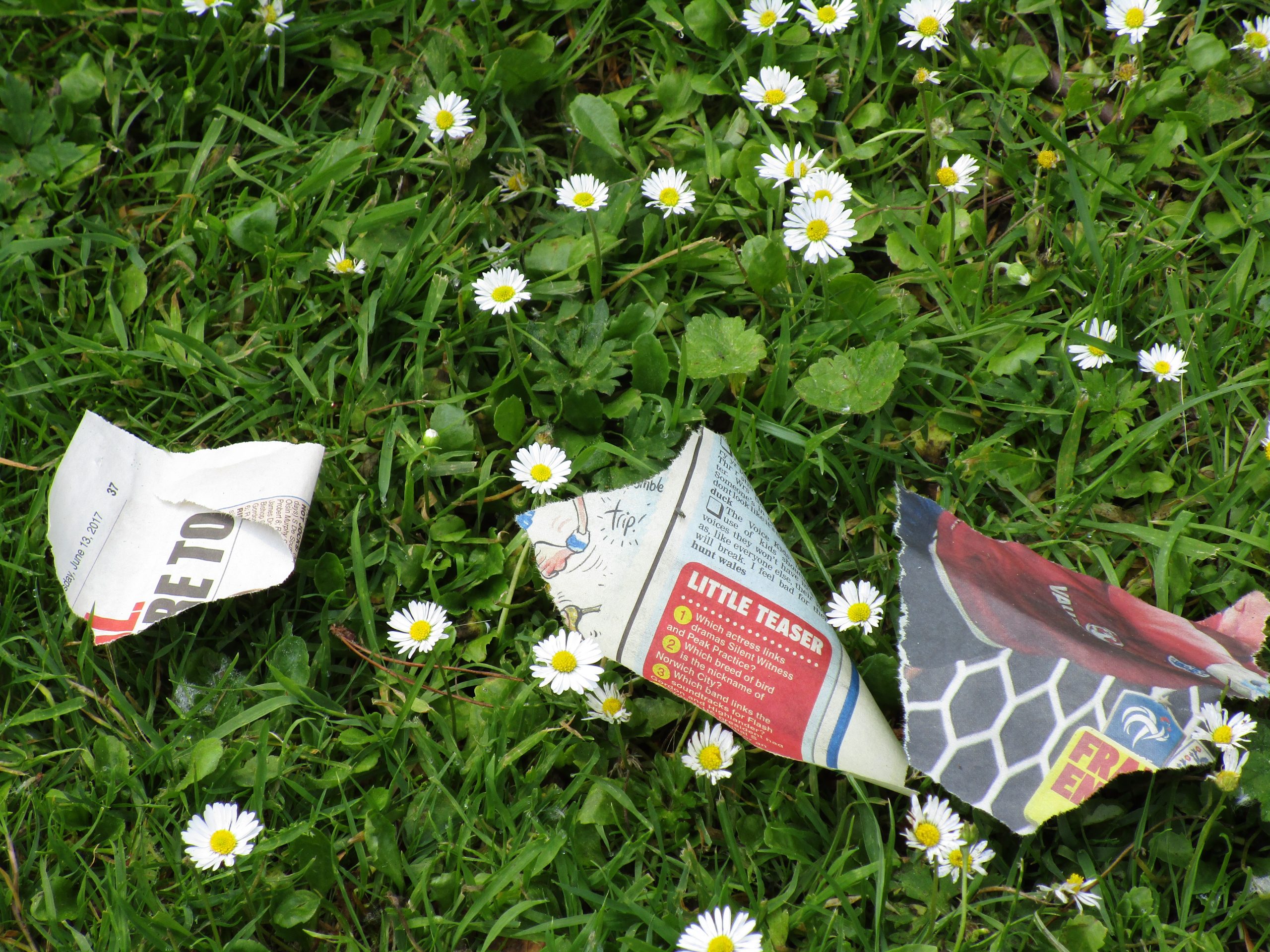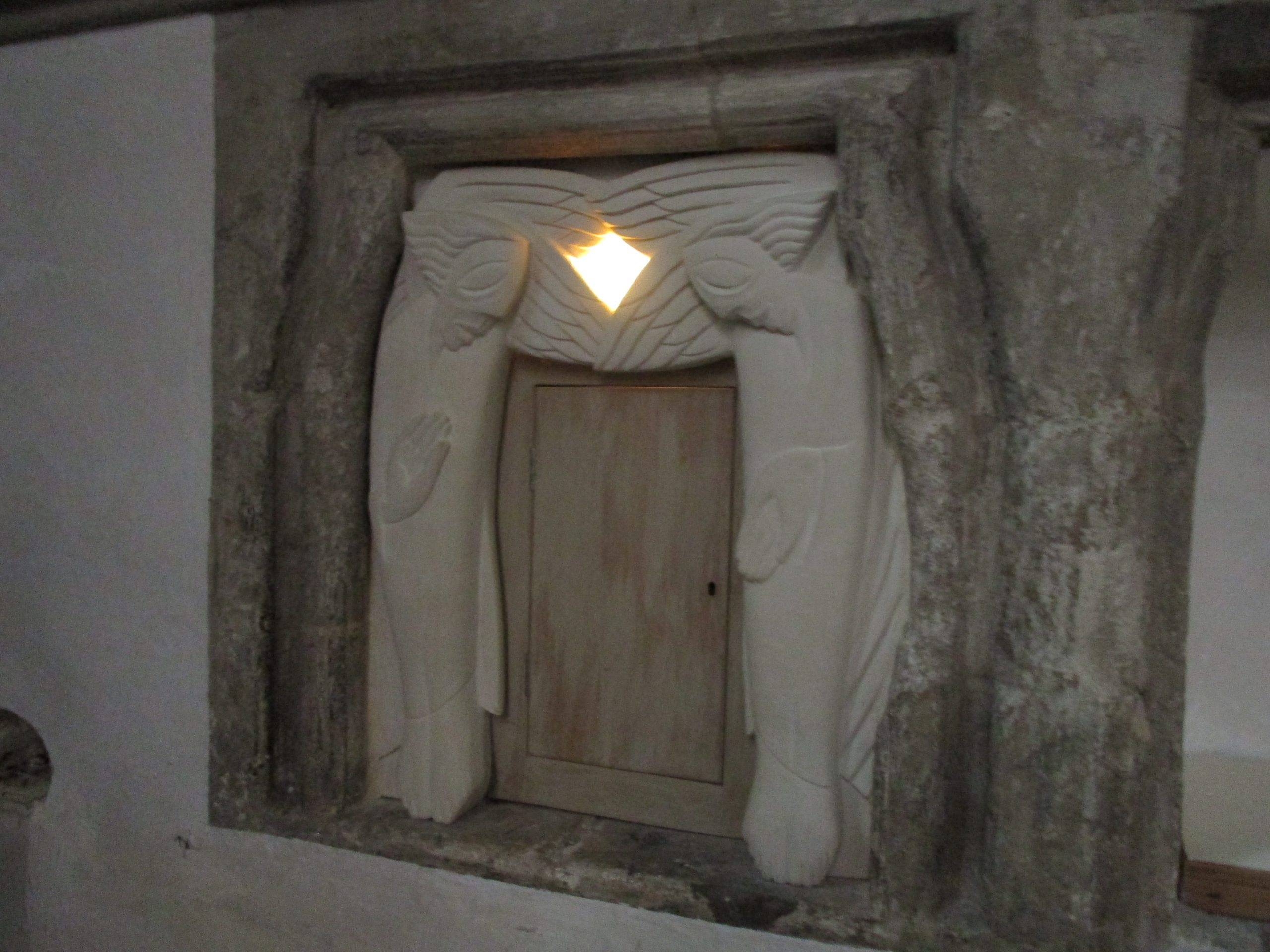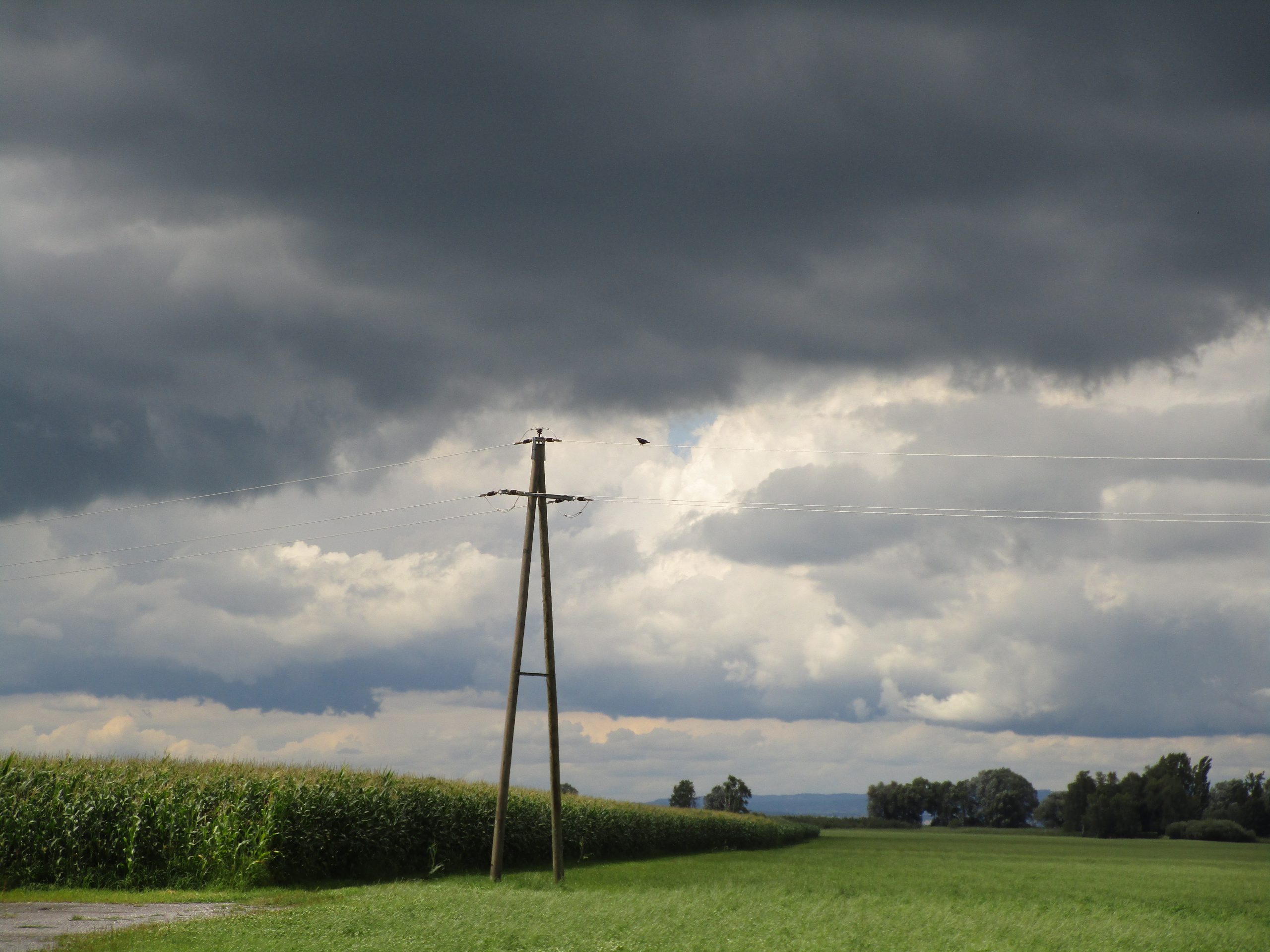Category: Book Talks
-

East of Eden: Choice and Responsibility
“We have only one story. All novels, all poetry, are built on the never-ending contest in ourselves of good and evil.” –East of Eden, John Steinbeck A friend and I decided to read East of Eden by John Steinbeck together. When we finished, she commented on how she felt she had lived a whole life…
-

The Making of Us, Part 2: Unraveling Calling and Identity
“The Celtic idea of pilgrimage was different. . .They set out directionless into the wild or let their coracles drift wherever the currents took them. Pilgrimage for the Celt was an act of voluntary exile, leaving the comfort and security of home to be in complete abandonment to God. Any benefit to them wasn’t waiting…
-

The Making of Us Part 1: Inevitable Imperfection
“Through exaggerated biographies and airbrushed news feeds, our heroes often come to us without stain or crease–glorious, victorious, and flaw-free. Or else we see them on a stage with their talents on show but their support crew neatly concealed. Seeing only their perfections or ignoring their helpers, we’re given a false standard to follow” (The…
-

The Bear and the Nightingale: Fear as a Fatal Flaw
“The storm is coming, and the frost will be as nothing beside it. Courage will save you. If your people are afraid, then they are lost.” –The Bear and the Nightingale, pp. 128 When an ancient evil threatens her village, it’s up to Vasilia, a young woman gifted with magic, to protect her people from…
-

The Cloister Walk: Recapturing the Beauty of Traditions
“Ritual and symbol are as necessary to human beings as air and water. They mark us as human, and give us identity.” -Kathleen Norris, 316 In many modern churches, traditions seem to be at war with growth and progress. Congregations move away from old customs in hopes of keeping up with a changing culture. Hymns…
-

The Book Thief: Ugly and Beautiful
“The human heart is a line, whereas my own is a circle, and I have the endless ability to be in the right place at the right time. The consequence of this is that I’m always finding humans at their best and worst. I see their ugly and their beauty, and I wonder how the…
-

The Gospel Comes with a House Key: Radical Hospitality
“The gospel coming with a house key is ABC Christianity. Radically ordinary and daily hospitality is the basic building block for vital Christian living.” -Rosaria Butterfield, pp. 220 What is radical hospitality? Is it daily table fellowship? An open door ready to receive guests at any time? A ministry of bringing meals to those in…
-

Frankenstein, His Monster, and Moral Responsibility
“You are in the wrong, ” replied the fiend; “and instead of threatening, I am content to reason with you. I am malicious because I am miserable. . . You, my creator, would tear me to pieces and triumph; remember that, and tell me why I should pity man more than he pities me?” (Frankenstein,…
-

Kafka’s Metamorphosis: The Transformation of a Family
When Gregor Samsa wakes up as a cockroach in Franz Kafka’s short story, Metamorphosis, the reader is left wondering how and why such a thing occurred. The characters themselves, however, seem to have little concern about how the change happened and instead focus solely on how to respond. Gregor seems to accept his new lot…
-

Biblical Femininity in How to Train Your Dragon 3
While watching How to Train Your Dragon 3, I realized the movie includes a great example of Biblical femininity, specifically of Biblical submission. As women in a society of independence and equality, we don’t like the idea of submission; the old-fashioned ideal of a subservient wife clashes with our vision of female strength. As Christian women,…